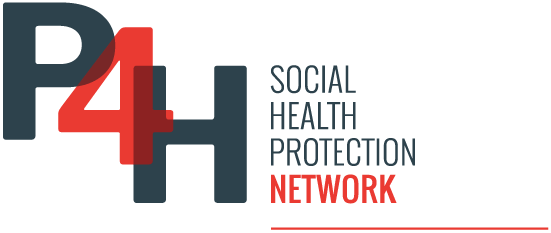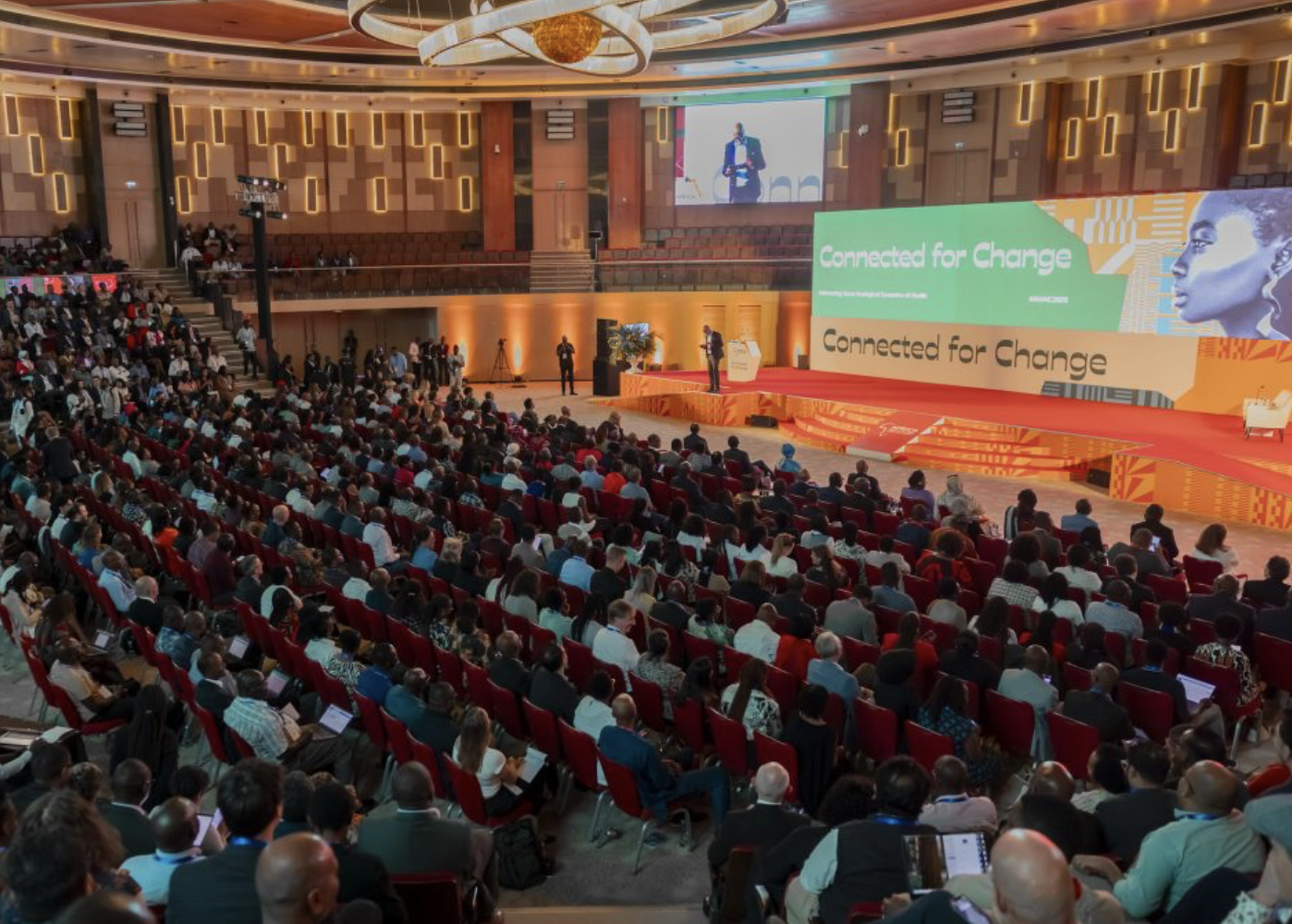
Rethinking Sustainable Health Financing in Africa: From Dependence to Partnership
The Africa Health Agenda, emphasized at the AHAIC 2025 conference, highlights the urgent need for African nations to shift towards proactive health strategies and sustainable, locally-led financing in response to declining external support and rising health...
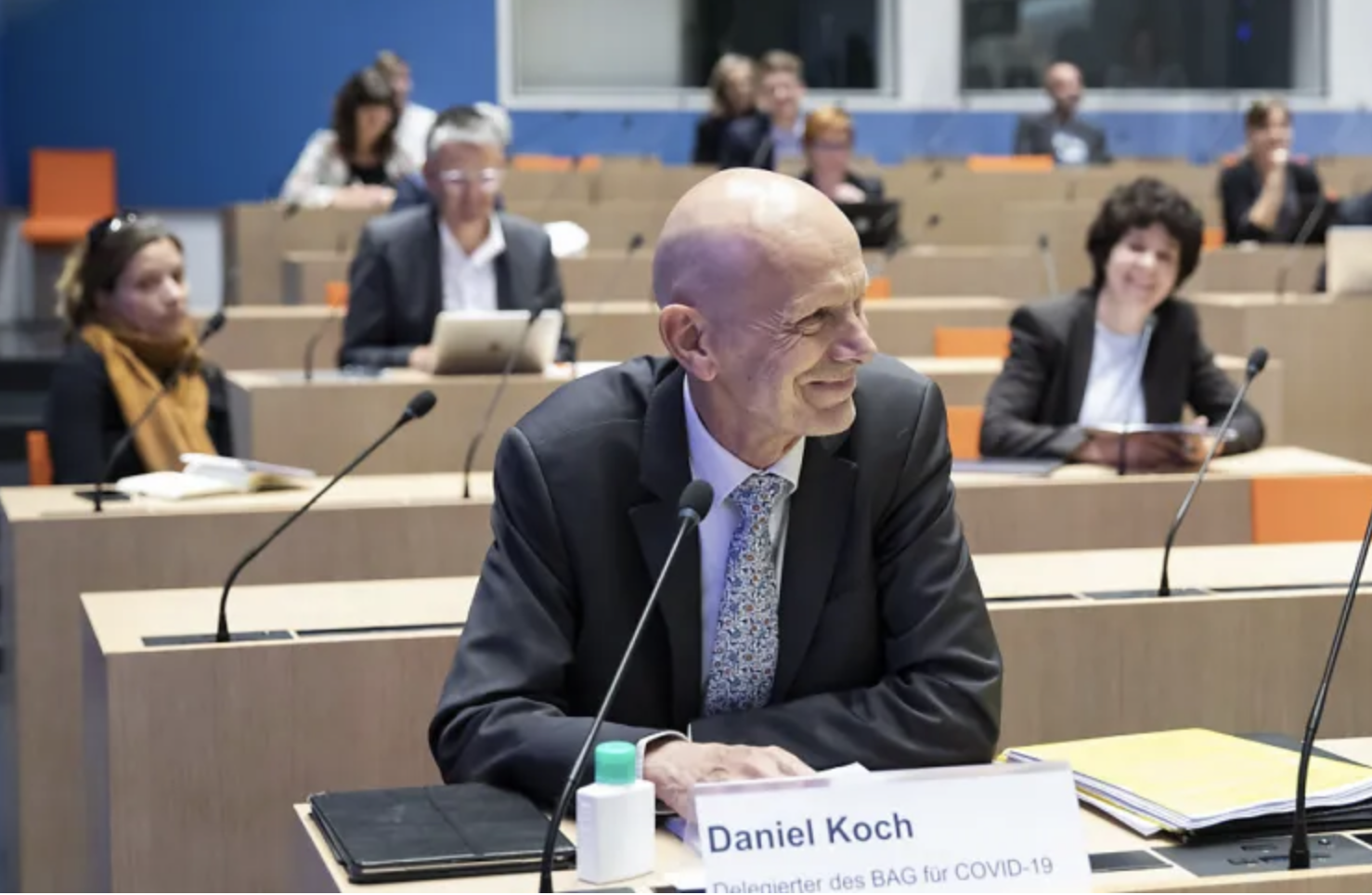
Five years after Covid lockdown, former Swiss health advisor looks back on crisis
Daniel Koch, former head of communicable diseases at the Federal Office of Public Health, recalls the key role played by the Swiss government during the Covid-19 crisis, five years after a lockdown was first declared in Switzerland.In January 2020, government...
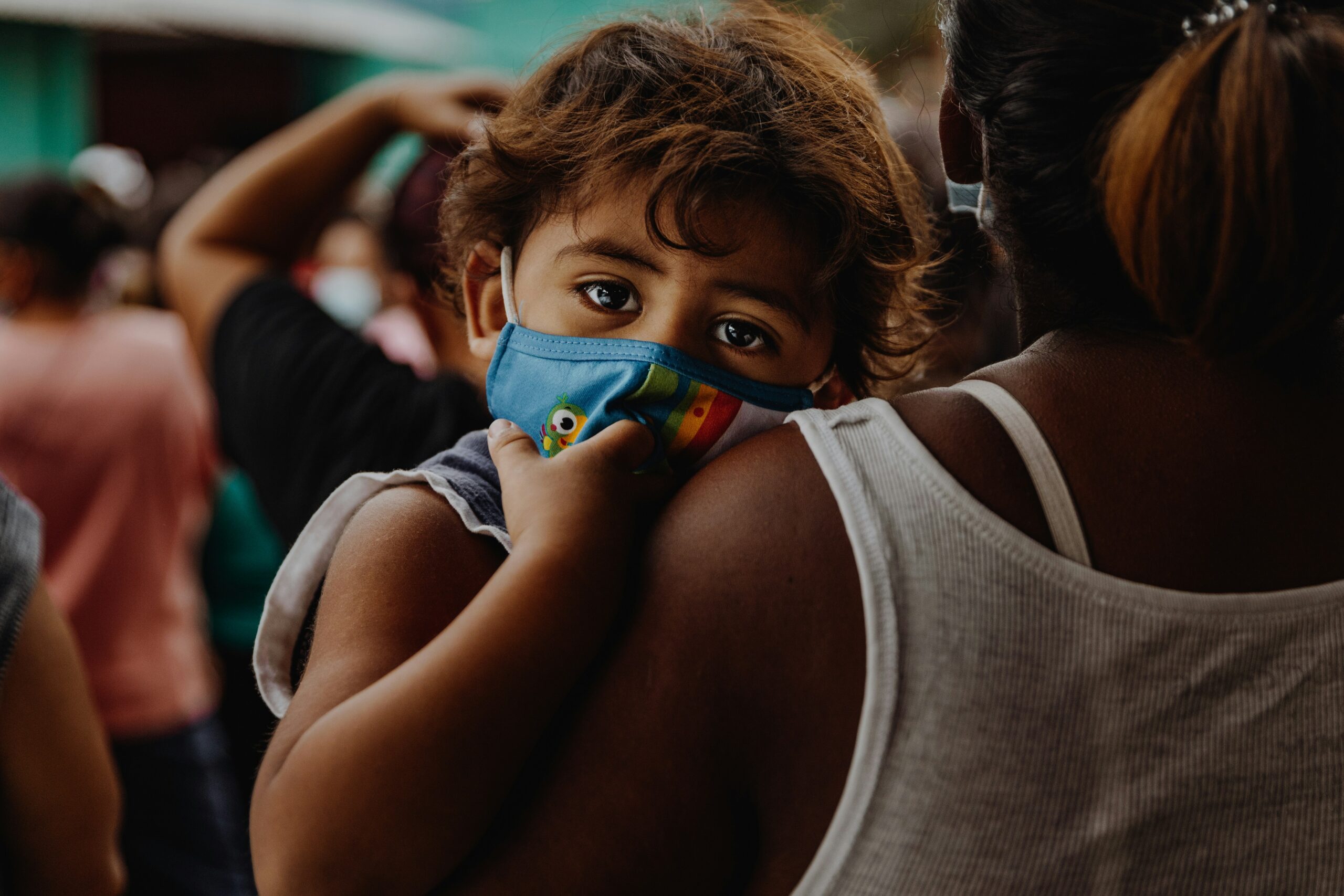
Forgone care: The blindspot of our health system
UHC is a crucial goal for India and is supported by the Ayushman Bharat initiatives to enhance primary care and health insurance. Despite progress, significant barriers continue to result in forgone care, particularly among vulnerable populations.Universal health...
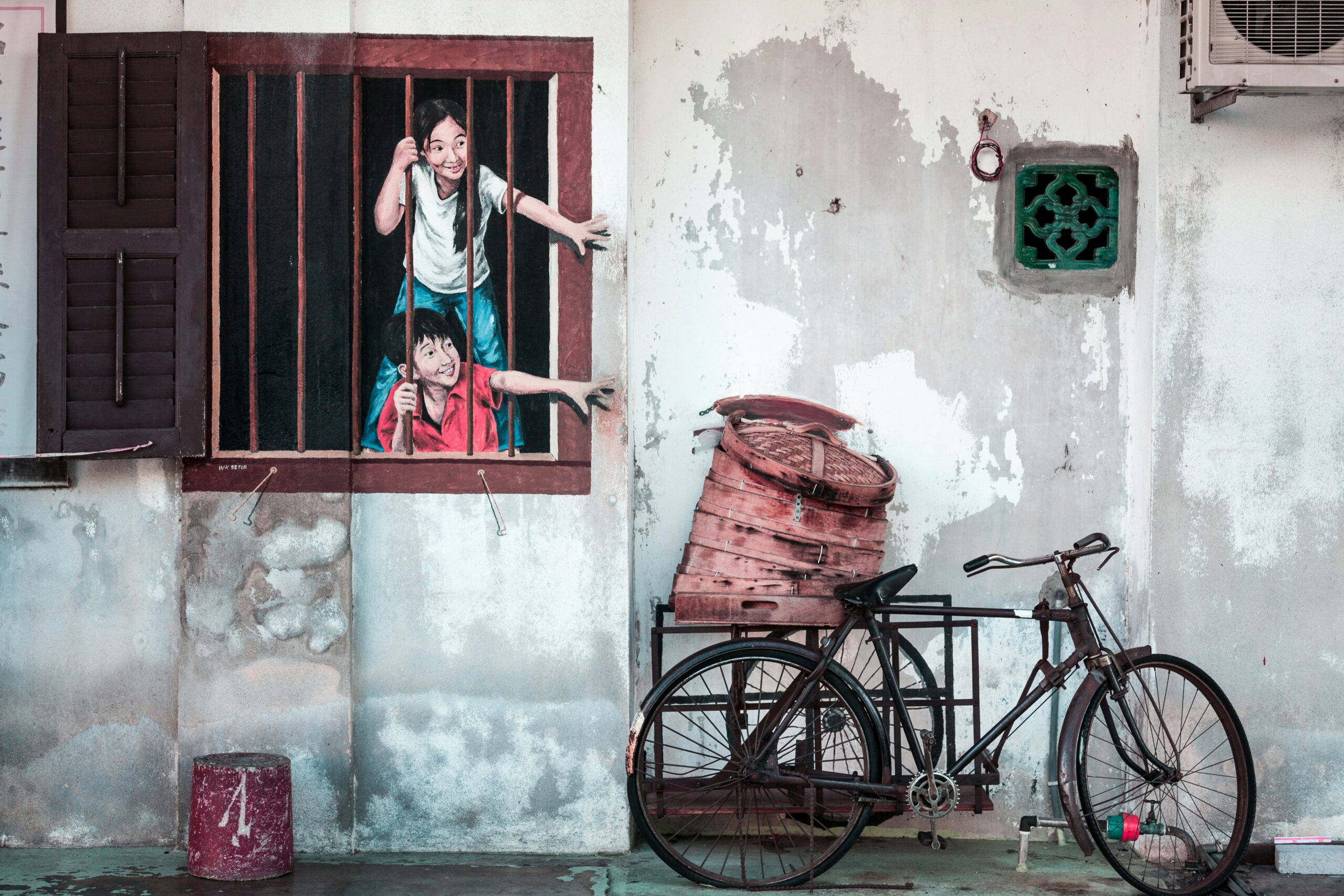
Malaysia to develop basic health insurance, takaful products for more sustainable medical treatment access
Bank Negara Malaysia is collaborating with the Ministry of Health and the Employees Provident Fund to develop basic health insurance and takaful products focused on value-based healthcare, aiming to reform the national health sector and manage rising medical...
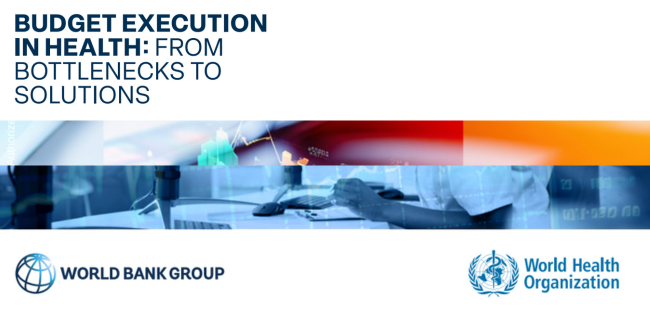
WHO-World Bank report highlights key challenges in health budget execution
A WHO-World Bank report highlights health budget execution challenges, revealing inefficiencies in spending. It calls for reforms to improve financial management and healthcare delivery for Universal Health Coverage. A new joint report by the World Health Organization...

Financing of the Colombian Health System during a period of reform
Colombia's healthcare system is still in the process of reform. The Ministry of Health indicates that the amounts granted to the capitation payment units in recent years have not been sufficient. It calls for clarification of payment modalities to EPSs for the coming...
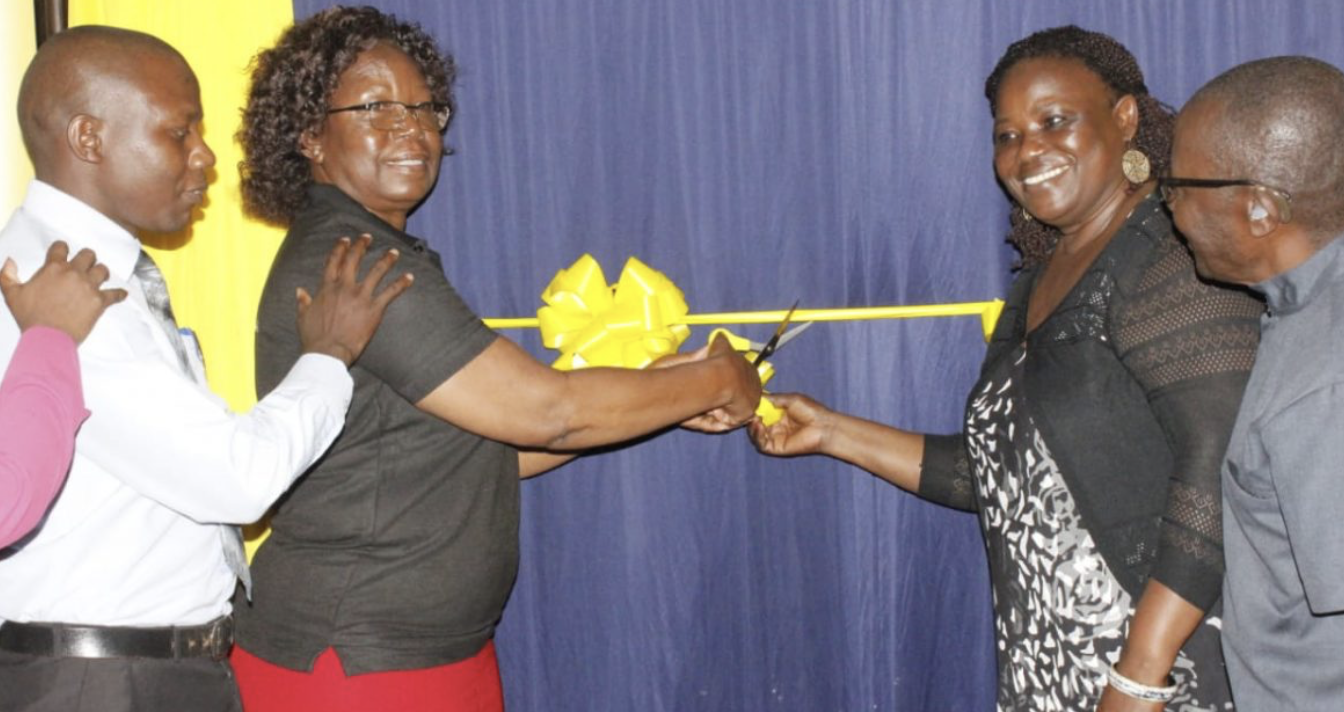
Kenya unveils health financing initiative to boost primary healthcare
The Kisumu Medical and Education Trust (KMET) has launched Tiba Mashinani, a health financing initiative providing loans to private primary healthcare facilities in the Lake Region Economic Bloc, aiming to improve access to quality medical care. The Kisumu Medical and...
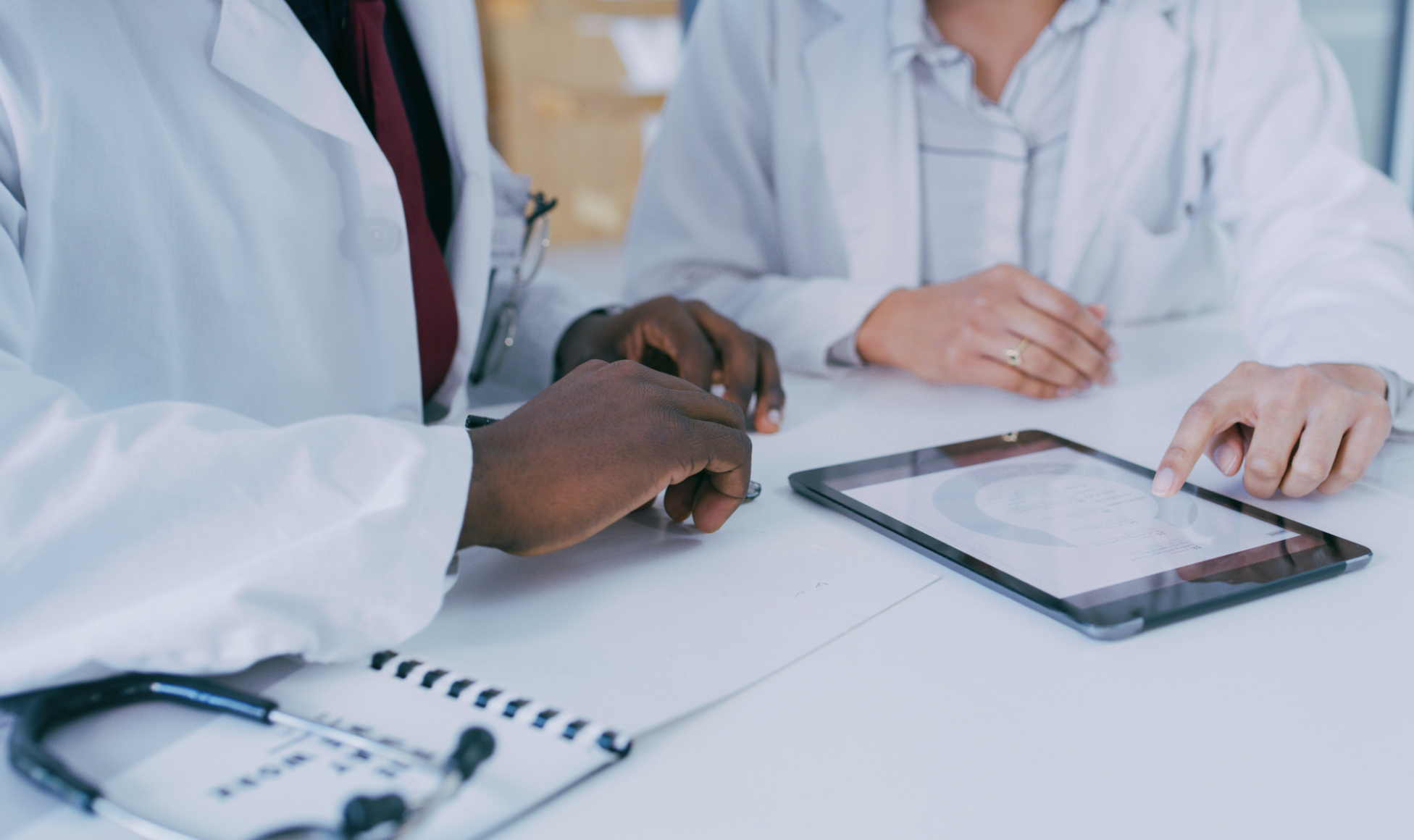
Czechia mulls merging health insurers amid persistent financial struggles
The Czech government is considering merging health insurance funds to enhance efficiency and address financial challenges within the public healthcare system, but stakeholders warn that this approach may not resolve deeper structural issues, such as ongoing deficits...
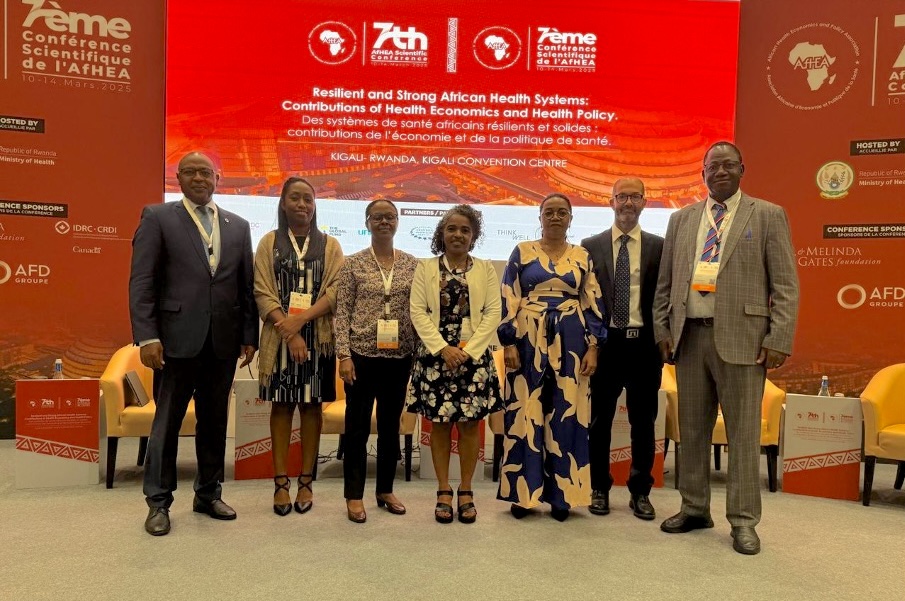
A delegation from Madagascar shares and learns at the 7th AfHEA conference
The African Association of Health Economics and Policy held its 7th biennial scientific conference from March 10 to 15, 2025 in Kigali, Rwanda. The Malagasy delegation made substantial contributions and benefited from field visits. The Madagascar team, under the...
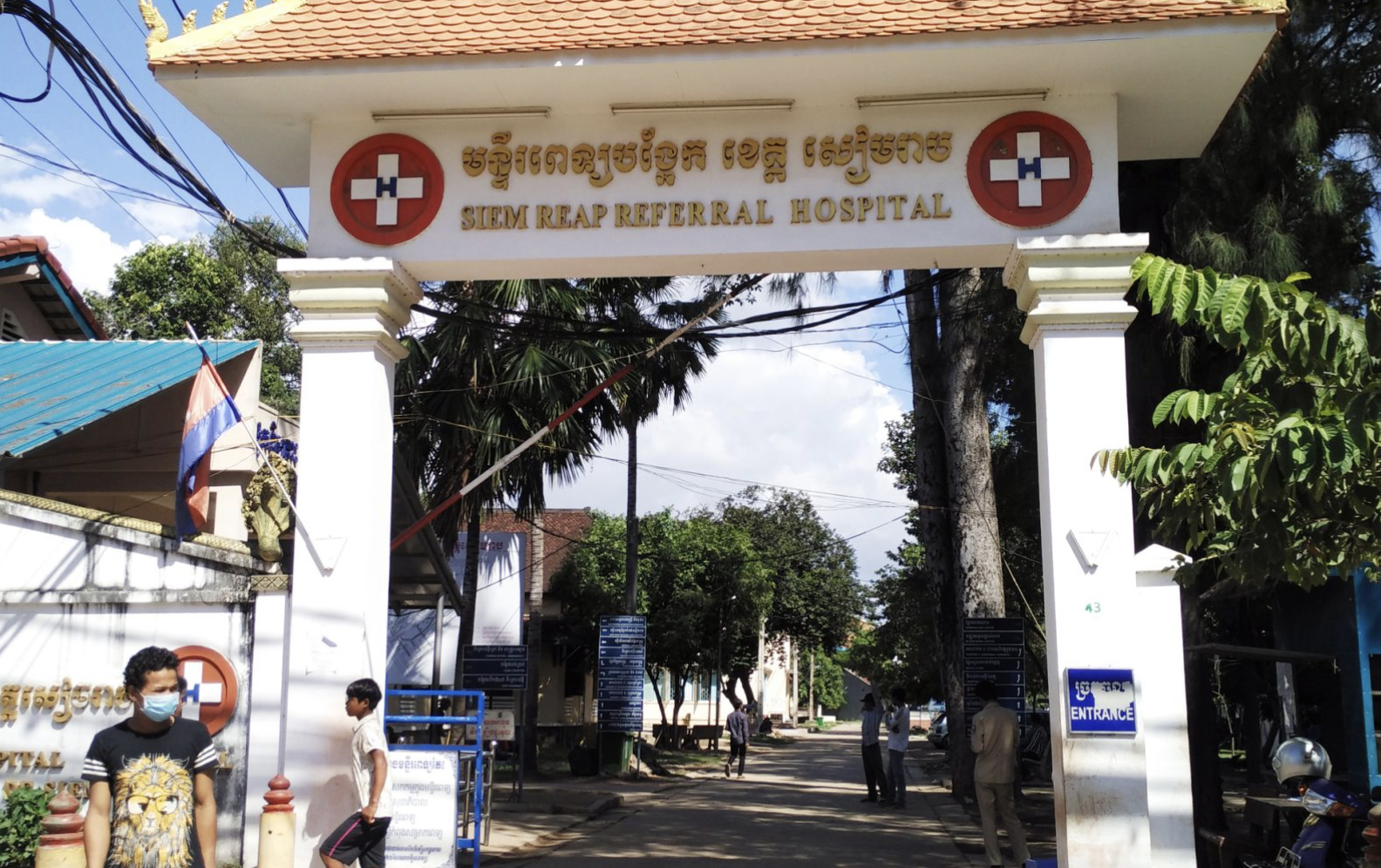
Why So Many Cambodians Travel Abroad For Medical Care
The author highlights the challenges and misdiagnoses faced in the Cambodian healthcare system that push many to seek medical treatment abroad. It underscores the rising trend of medical tourism due to inadequate domestic options, the financial burden of healthcare,...

Iran’s Escalating Drug Prices Push Cancer Patients to Desperation
The drastic increase in drug prices in Iran has left many cancer patients unable to afford essential treatments. Amidst growing public outcry, the Iranian regime prioritizes military and foreign interventions over addressing the healthcare crisis, exacerbating the...
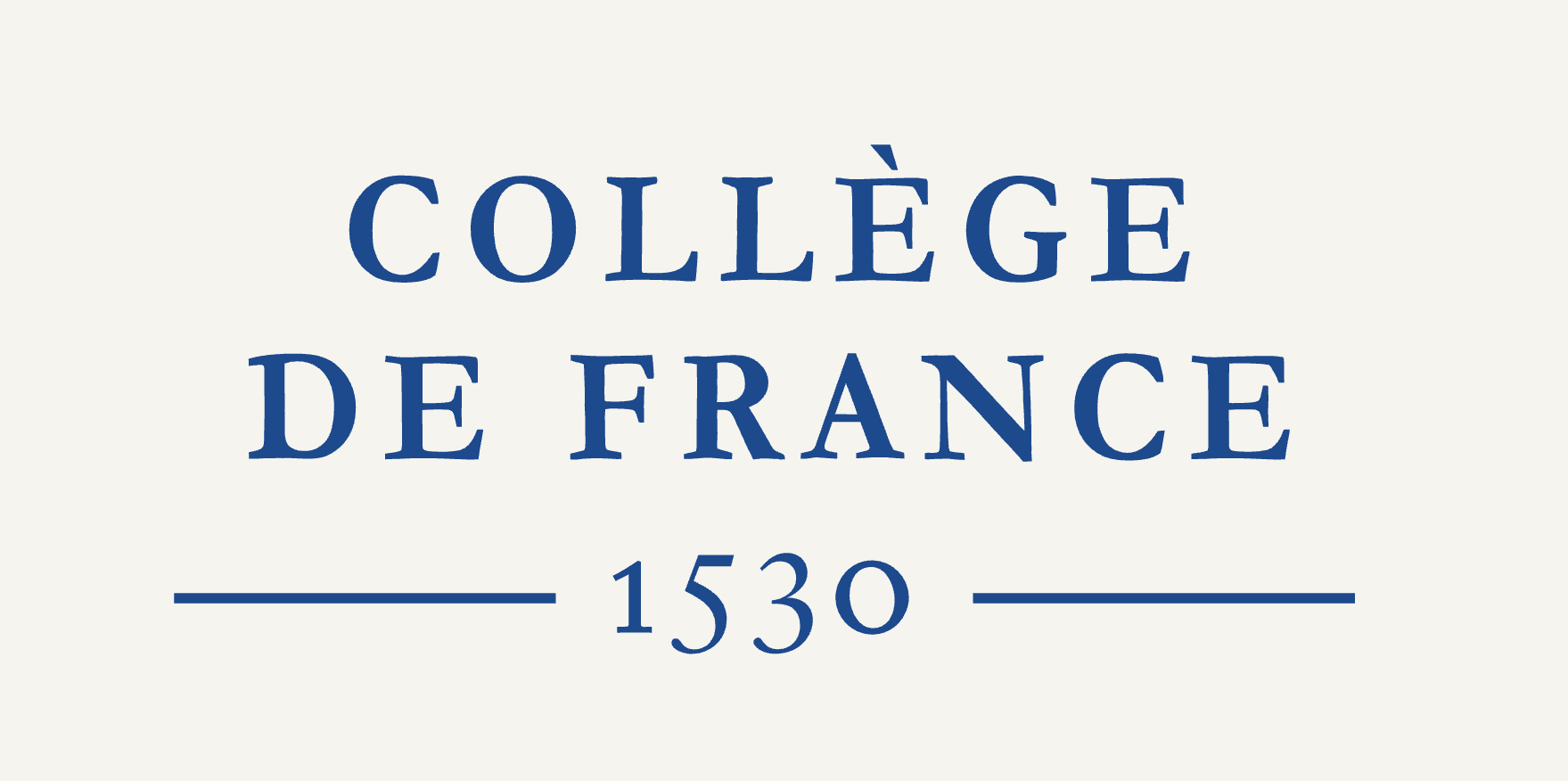
Inaugural lecture: Nathalie Bajos explores the social production of health inequalities
Nathalie Bajos explores the social production of health inequalities, analysing their connection with social structures and power relations—inaugural lecture at the Collège de France, 3 April 2025. The Collège de France will host the inaugural lecture of Nathalie...
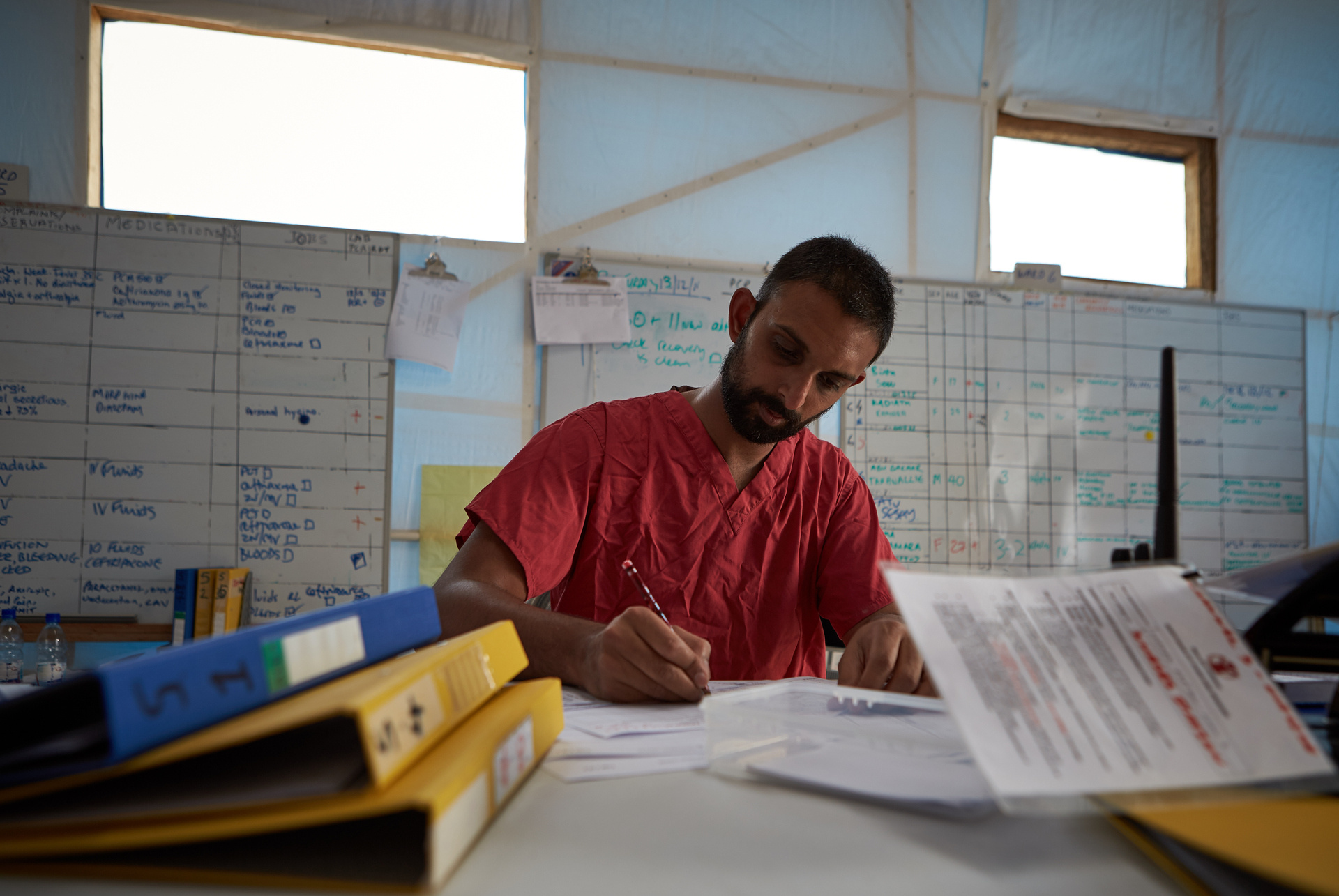
Countries strategize to sustain health coverage amid global health financing challenges
Global policymakers and partners convened to address health financing challenges, exploring strategies to sustain health services amid aid withdrawal and shaping a resilient, adaptive global health financing system. Last week, the Alliance for Health Policy and...
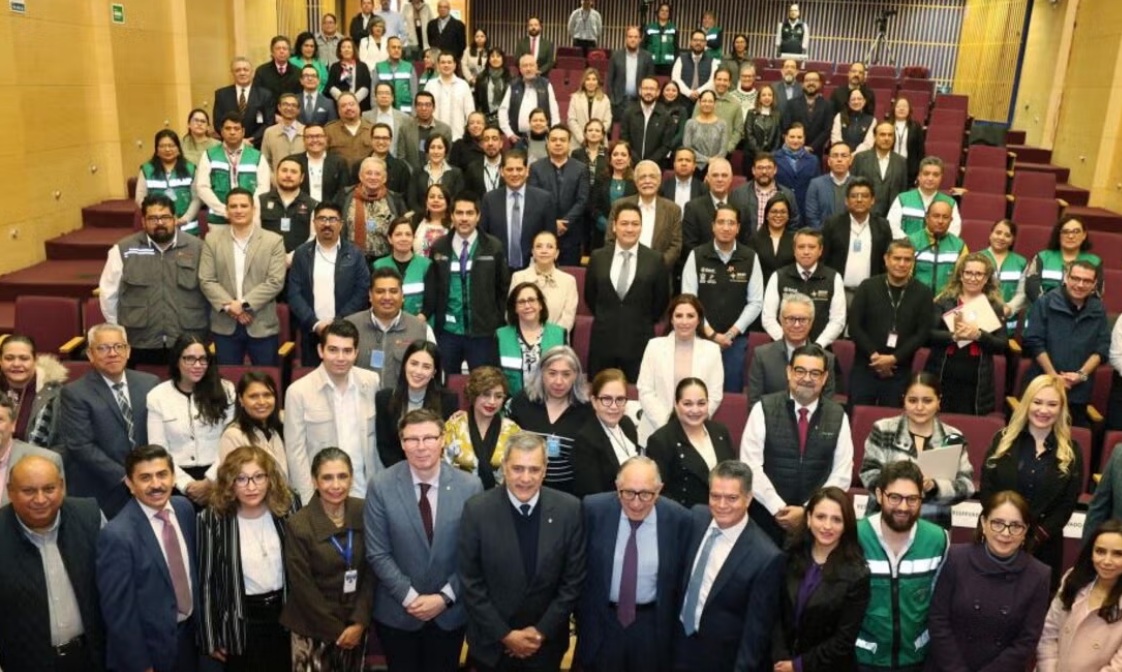
Mexico strengthens its healthcare system by integrating public health and medical care
In order to achieve universal access to health care, the Mexican government knows that public health is a key element of the health system. This way the attention to the population is done in a more efficient way, thus improving the quality of service and waiting...
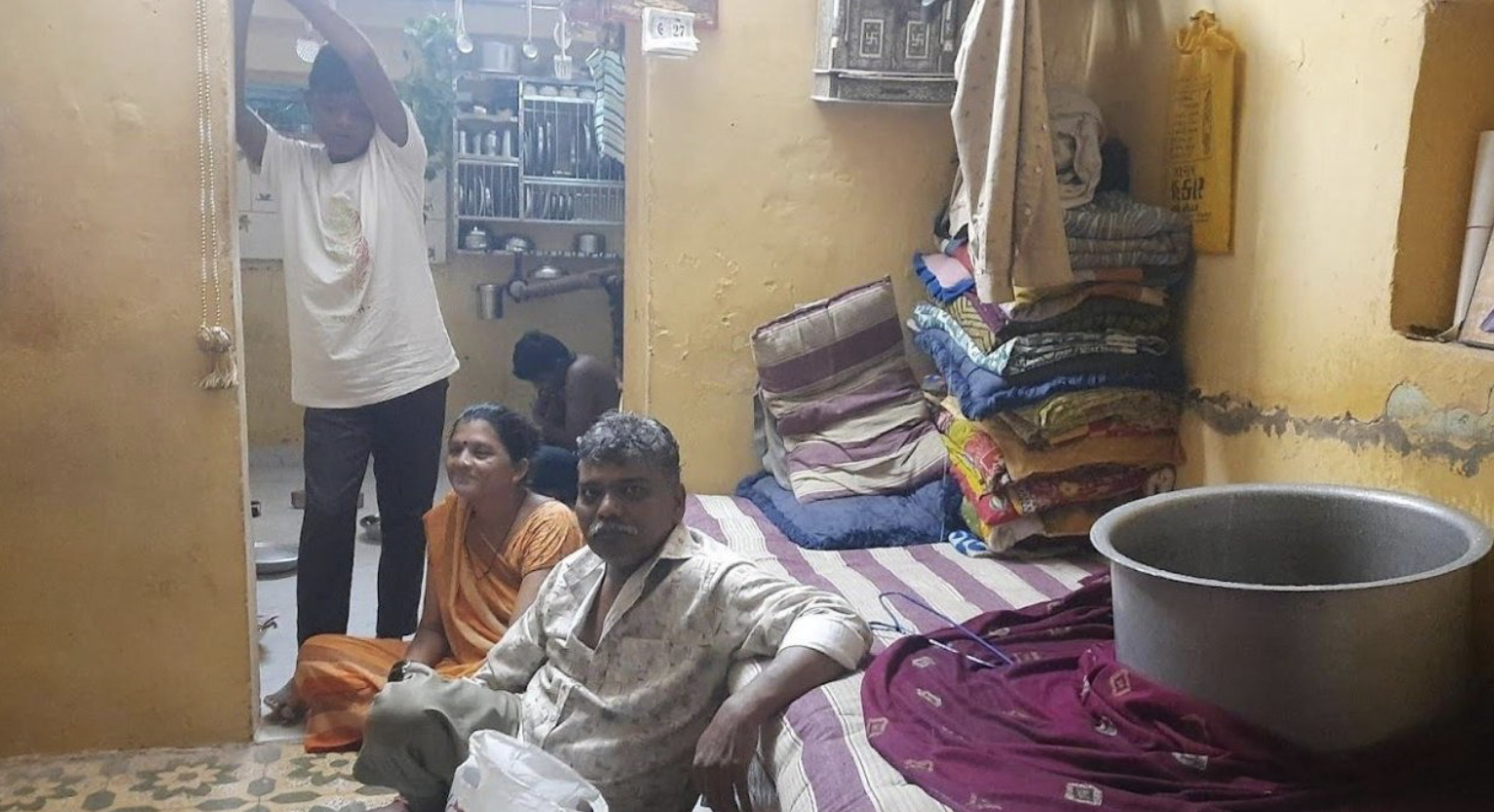
The Unfulfilled Promises of Narendra Modi’s Ayushman Bharat, the World’s Largest Health Scheme
Ayushman Bharat has faced criticism for its inadequate funding, low hospital bed availability, and insufficient support for the most marginalized communities. Despite government claims of success, many beneficiaries experience high out-of-pocket expenses and financial...
